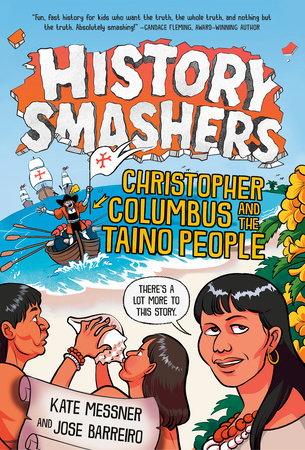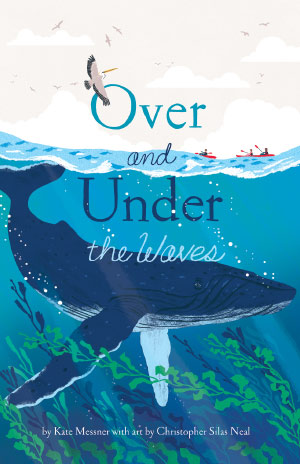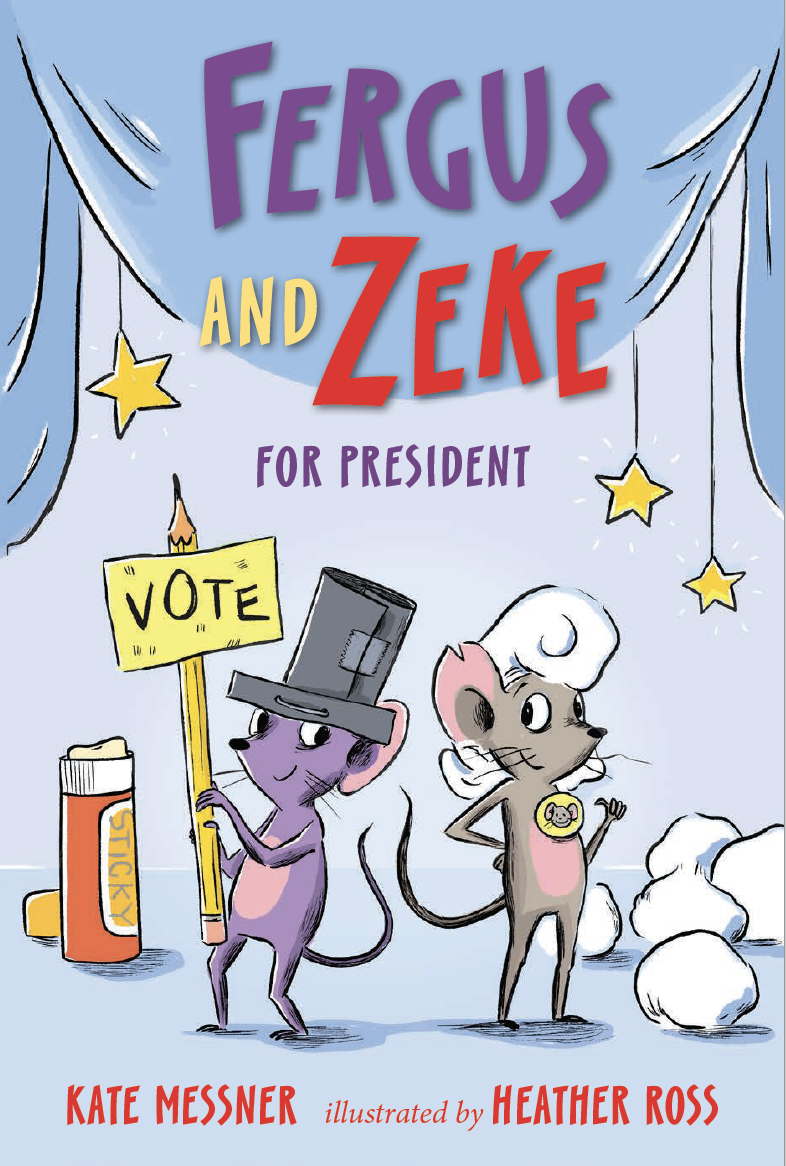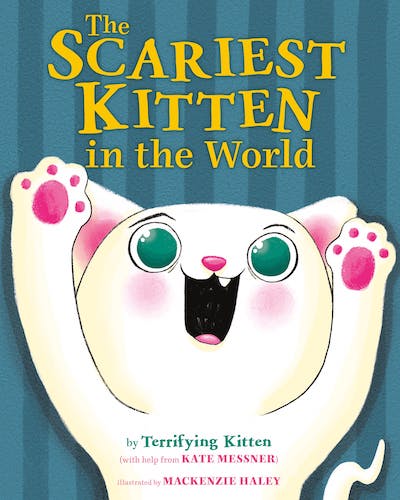Librarian blogger Betsy Bird (Fuse #8 at SLJ) reviewed National Book Award finalist MOCKINGBIRD by Kathryn Erskine this week, and I found myself pondering one paragraph of her review in particular:
The Asperger’s I do not question because that is tricky territory. I do not have a child with Asperger’s and Ms. Erskine does. However, this raises a fairly interesting point in and of itself. When Cynthia Lord wrote the Newbery Honor winning book Rules she made her narrator not an autistic boy, but rather his put upon older sister. This was remarkably clever of her. Then, when you get to the end of the book, the reader finds out via the bookflap that the author has an autistic son of her own. The book is therefore lent a kind of authenticity through this admission. As I read Mockingbird however, I found myself wondering if the author had any personal connection or knowledge of Asperger’s that could lend the book similar authenticity. I read the bookflap and the Author’s Note and came up with nothing. Nada. It was only through the grapevine that I heard the rumor that Ms. Erskine has a daughter of her own with Asperger’s. Now why on earth would the book wish to hide this fact? By the time I reached the end I wanted to believe that the writer had some knowledge of the subject, but instead of including a list of useful sources, or even a website kids can check, the Author’s Note speaks instead about the Virginia Tech shootings. A harrowing incident to be sure, but why avoid mentioning that someone you love has a connection to your main character? It made for a very strange gap. (Read the full review here.)
I love Betsy’s Fuse #8 blog and read it regularly, but I find myself wondering about this expectation…that an author share the details when a story is inspired by personal events in his or her life. I read both MOCKINGBIRD and OUT OF MY MIND, and I do remember thinking that each author must have a personal connection to someone like her main character. I didn’t necessarily expect to turn to the back of the book and read all about it, though.
Maybe it’s my role as an author who’s also a parent that makes me view this differently than some other readers. A whole bunch of things in my books are inspired by my own kids…Zig’s fascination with electricity and gadgets in THE BRILLIANT FALL OF GIANNA Z. MARTY MCGUIRE’S propensity to fall into ponds when she’s catching frogs. Claire’s love of figure skating in SUGAR AND ICE.
When I wrote the author bio for the jacket of SUGAR AND ICE, I mentioned that I’m a fan of competitive skating and that I volunteer with the Skating Club of the Adirondacks. The jacket flap doesn’t mention my daughter, who is the actual skater in our house, though the Kirkus reviewer mistakenly assumed I was the mother of a competitive skater. Should I have talked about why she’s chosen to participate in her local skating show but forego the more intense world of competition? To me, those felt like her issues. While I realize that I give up a certain level of privacy by writing for publication, she hasn’t made that choice. And in this situation, we’re just talking about a hobby – not a disability that shapes every day of her life.
I heard Cynthia Lord give a talk once about her choice to write a book that deals with autism, knowing that her family’s story would never be just their story again. Is it a fair expectation? Can an author who has a child with a disability choose to write about a character with that same disability without being expected to talk about his or her own family at conferences and award speeches, in authors’ notes and on jacket flaps?
I understand the argument; as a reader, I love knowing the story-behind-the-story. But some stories belong to whole families. Can an author write a book about a character like Draper’s Melody or Erskine’s Caitlin without mentioning the personal connection? And if the author does choose to share that information, should it change the way the book is judged? If a character doesn’t work for you when you’re reading the book but you later learn the author’s personal story, should that change anything? Or should the text stand on its own, regardless of the author’s connection to the main character’s disability?




